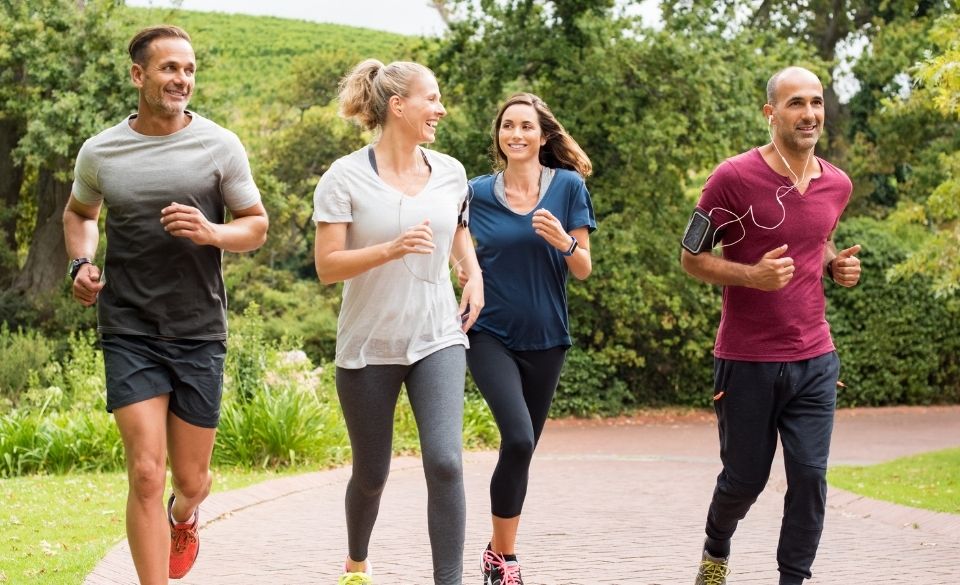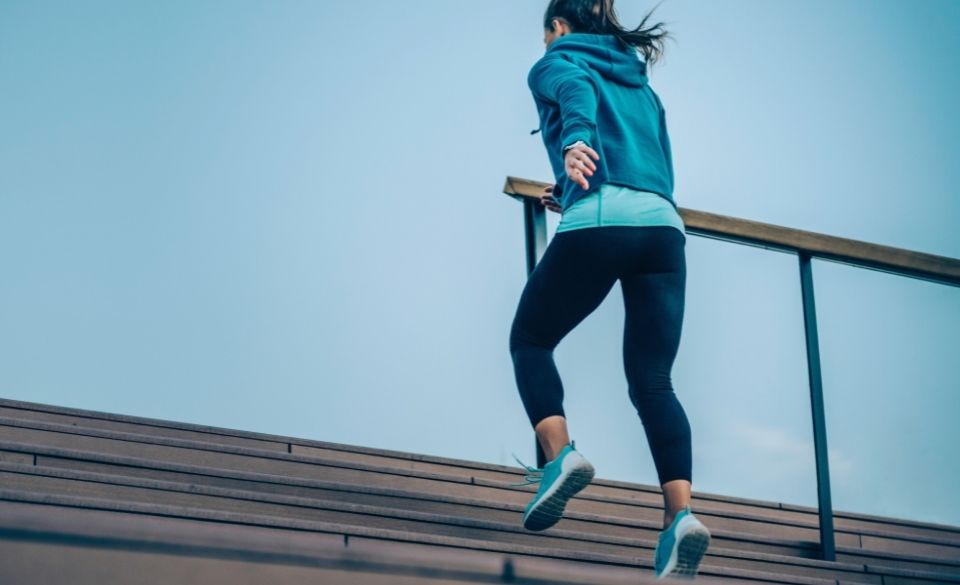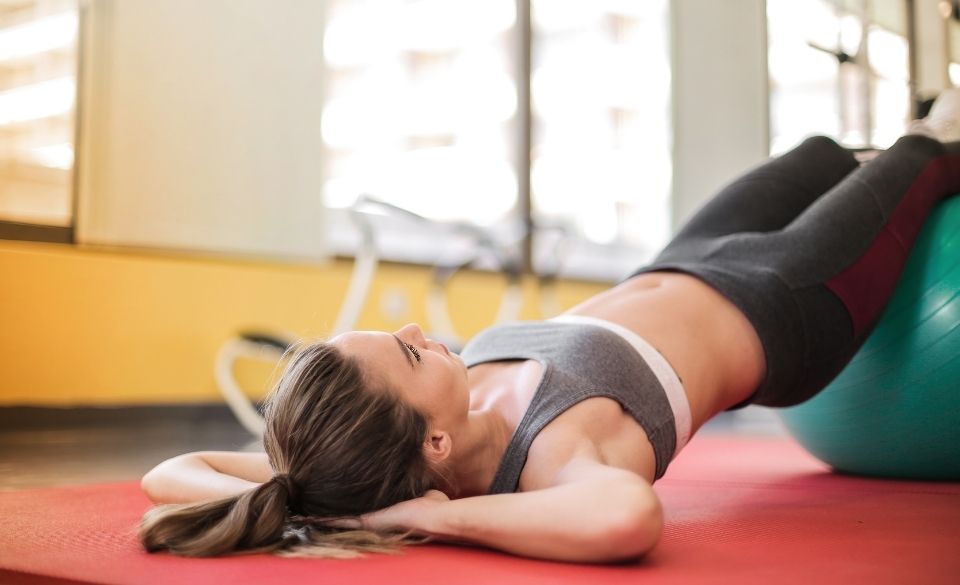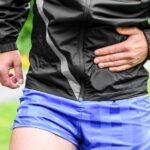
Running After Covid Vaccine – What Should You know?
Page Contents
Although it is relatively safe to exercise after the covid vaccine, there is no doubt it has some effect on performance and your training. With more and more athletes taking the covid vaccine, we are now able to see enough data on how it might affect our training and performance.
In this article, we look into running after the covid vaccine and how it may affect your training. We also look at what changes you might need to make for the first few weeks after the vaccine.
Continue reading to find out more!
Can You exercise After the Covid vaccine?
While there is a lot of misinformation out there, there is nothing saying that you shouldn’t exercise after the covid vaccine. However, there are a few things you must take into consideration before doing any high-intensity training.Many people experience symptoms such as nausea, tiredness, heart palpitations, and general fatigue after the vaccine. Other symptoms the Centers for Disease Control and Prevention (CDC) note are:
– pain and swelling at the injection site
– fatigue
– headaches
– muscle pain
– fever
– nausea
It has also been noted recently by doctors in Brussels that you should stay away from high-intensity sport after the vaccine. As in rear cases, myocarditis and pericarditis may happen within 14 days after the first vaccination. While that doesn’t sound that common, doctors have found that after the second dose, the percentage of people affected is rapidly increasing.
Knowing this, it is important to ease back on any high-intensity exercise for the first 2-3 weeks. This will prevent any added stress to the heart and prevent any symptoms of myocarditis and pericarditis from happening.

Running After Covid Vaccine – How Does it Affect Training?
Just like exercise, you need to be careful of running after the covid vaccine. As we have discussed, you need to limit the number of high-intensity workouts for 2-3 weeks after the vaccine.
That means eliminating any speed work sessions, like tempo runs, intervals, or track sessions.
Luckily you don’t need to stop running altogether. You can replace your interval workouts with some easy long runs. Alternatively, focus on building your weekly mileage during this time. Then after 3 weeks have passed you can slowly introduce some high-intensity training again.
Alternatively, if you want to play it safe, you can replace running with some easy cycling during this time. Cycling will allow you to keep the intensity much lower than running. Thus providing a safer alternative to running after the covid vaccine.
While we still haven’t got enough data from the vaccine and training yet, most people suffer some post-vaccine symptoms. So it is wise after getting it, to play it safe and reduce all high-intensity training.
Many of the people that we coach have experienced general fatigue after the vaccines. Because of this, we have had to reduce the training load for at least 2-3 weeks after the vaccine. While this isn’t common with every single person, 80% of our clients have experienced this.

Exercise After Covid Vaccine – What is the Safest?
If you are looking at the safest way to exercise after the covid vaccine, stick with low-intensity exercise. For most people walking and cycling are going to be the safest form of exercise. As you are able to control the intensity and heart rate much more than running, rowing, or lifting weights.
While you may be scared that you will lose fitness in the weeks after the vaccine, this is typically not the case. Keeping some low-intensity exercise going will help you hold your current fitness.
When to Avoid Exercise After the Covid Vaccine
You may want to avoid exercise after receiving the vaccine if you experience some of the symptoms we talk about.
Alternatively, if you experience any type of asthma or any respiratory issues, you may want to avoid any aerobic exercise until you know how your body reacts to the vaccine.
In addition to that, if you are on any medications, talk with your doctor before returning to any exercise after having the jab.
If you are unsure about what exercise you should do after vaccination, talk with your doctor or coach. They can help you set out the week’s planning after having the jab.
Considerations
It may help to drink more water after receiving the vaccine, as a 2003 study found that an increase in fluid intake could decrease the severity of immune response and will also help prevent dehydration in people that have a high fever.
Typically most symptoms should reside within the days after the vaccine. However, if you notice increased fever, fatigue, or trouble breathing, consult your doctor directly.




